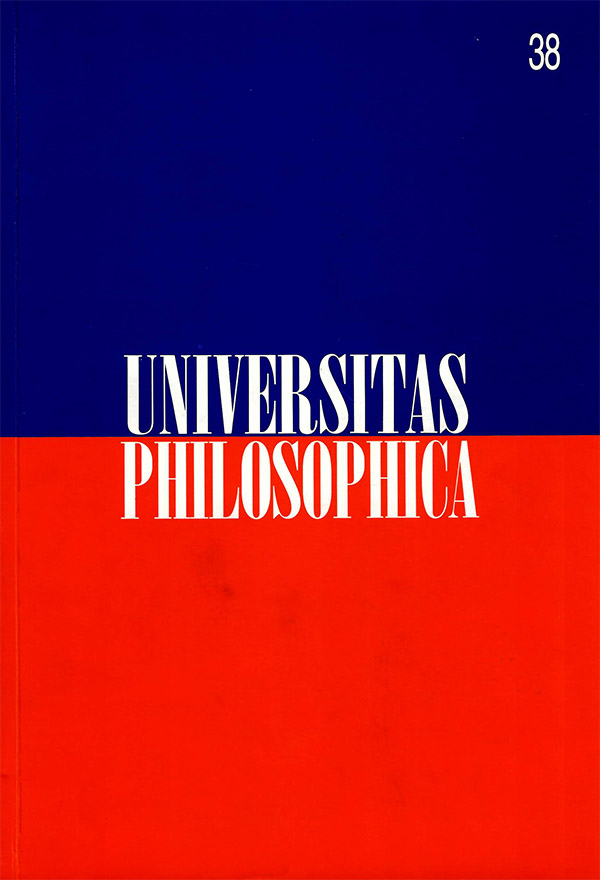Abstract
Domingo Faustino Sarmiento has had a leading role in the constitution of our nationality. His work Life and work of Juan Facundo Quiroga is the key work in which it is revealed to us what did Sarmiento think about the identity of the nation that was in the middle of the process of being founded, and also which philosophy of history was the basis for his project of nationality. In order to find how did Sarmiento think about argentinian identity it is necessary to analyze who are the others in reference to whom that national identity was to be built. And also to analyze which are the Jeep structures that form such identity in its relational aspects. Our methodological option is supported by a structuralist proposal that refuses to analyze identity as an isolated and closed totality. We aim is to make an operation of de-totalization that we understand as totally necessary for our subject.
This journal is registered under a Creative Commons Attribution 4.0 International Public License. Thus, this work may be reproduced, distributed, and publicly shared in digital format, as long as the names of the authors and Pontificia Universidad Javeriana are acknowledged. Others are allowed to quote, adapt, transform, auto-archive, republish, and create based on this material, for any purpose (even commercial ones), provided the authorship is duly acknowledged, a link to the original work is provided, and it is specified if changes have been made. Pontificia Universidad Javeriana does not hold the rights of published works and the authors are solely responsible for the contents of their works; they keep the moral, intellectual, privacy, and publicity rights.
Approving the intervention of the work (review, copy-editing, translation, layout) and the following outreach, are granted through an use license and not through an assignment of rights. This means the journal and Pontificia Universidad Javeriana cannot be held responsible for any ethical malpractice by the authors. As a consequence of the protection granted by the use license, the journal is not required to publish recantations or modify information already published, unless the errata stems from the editorial management process. Publishing contents in this journal does not generate royalties for contributors.


